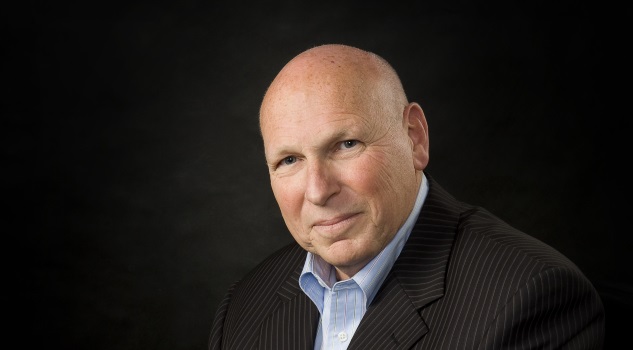If introducing taxation of soft drinks is to be pursued, logic suggests it would have to encompass all sweetened drinks…the economic ramifications for manufacturers, suppliers and retailers would be immense, yet the potential for such measures to achieve improved health outcomes is unknown.
The Greens are the latest party to jump on the sugar tax bandwagon, joining certain celebrities with clear publicity objectives in calling for the possible taxation of soft drinks in attempt to counter obesity. We would like to reinforce that an educational – not emotional – approach is the only way to achieve better health outcomes.
The Greens have reportedly proposed a flat 20% excise to be paid by producers or importers of water-based beverages with more than five grams of sugar per 100ml, based on the product’s retail price.The implications are clear: consumers will pay more and small businesses will lose out even further to the major supermarket chains, which can easily offset the extra costs and attract bulk buying customers in the process.
The Greens’ suggestion is not only lazy, it highlights a lack of economic credibility and a lack of understanding of consumer behaviour to view taxation as a blanket solution to issues like obesity.
There is no rational basis to believe increasing taxes on certain products will result in improved health outcomes. Tobacco is a prime example. As the Government continues to raise excise on legal tobacco, more and more consumers are simply switching to cheaper alternatives and the illegal tobacco market continues to flourish, fuelling alarming health and safety consequences for the broader community.
We call on Governments not to shirk their responsibility to invest in the necessary resources to inform and educate consumers on issues relating to societal health.
Better health outcomes are not achieved by taxing certain consumers and placing additional burdens on small businesses. The only available evidence suggests that education, potentially in the form of wellness and awareness programs, is the most effective way to achieve improved health outcomes.
Many market leaders, including beverage producers, are already investing in healthier alternatives. The demand from consumers for healthier products encourages a natural market response, and supporting these endeavours makes much more sense than the uninspired, flawed response of simply raising taxes.
An example is Denmark, where the Government announced the scrapping of the fat tax it introduced just 12 months prior and cancelled plans for a sugar tax, following the disastrous failure of the policy.
According to the Danish tax ministry, increased prices for consumers and increased administrative costs created a bureaucratic nightmare for producers and retailers, and put Danish jobs at risk. All the while, Danes simply travelled across the border to make their purchases.
Applying tax to certain items because those items have an emotional association to obesity in the minds of some groups is not only flawed, it’s short-sighted and lazy. It’s also economically destructive.
If introducing taxation of soft drinks is to be pursued, logic suggests it would have to encompass all sweetened drinks such as flavoured milk, iced teas, fruit smoothies and otherwise healthy juices – the economic ramifications for manufacturers, suppliers and retailers would be immense, yet the potential for such measures to achieve improved health outcomes is unknown.
Jeff Rogut, Chief Executive Officer, Australasian Association of Convenience Stores












